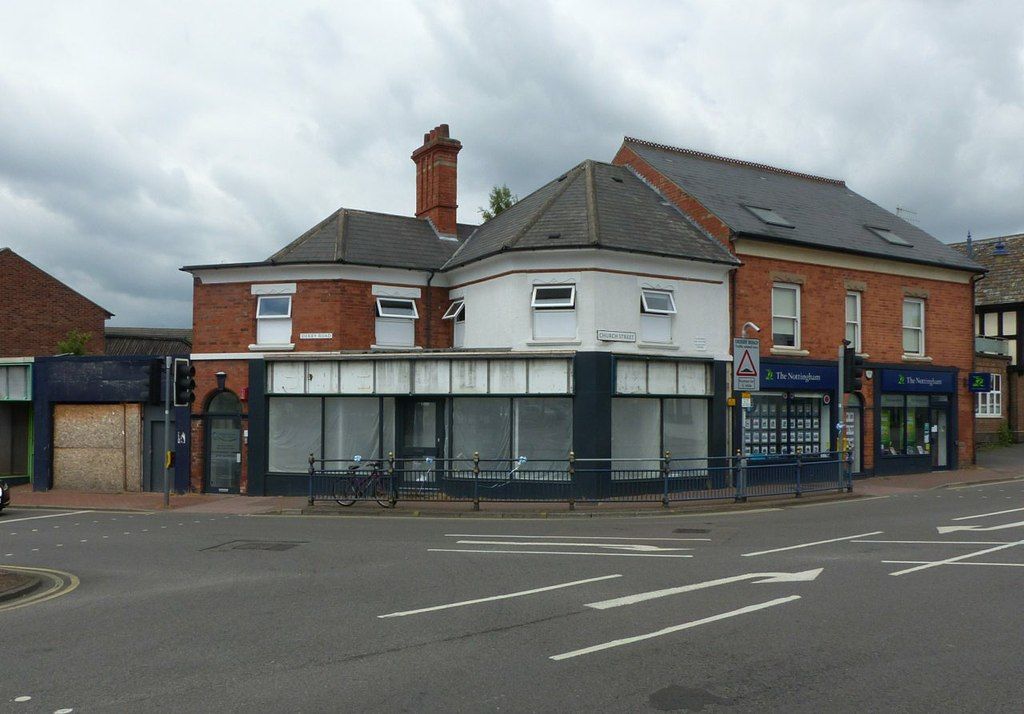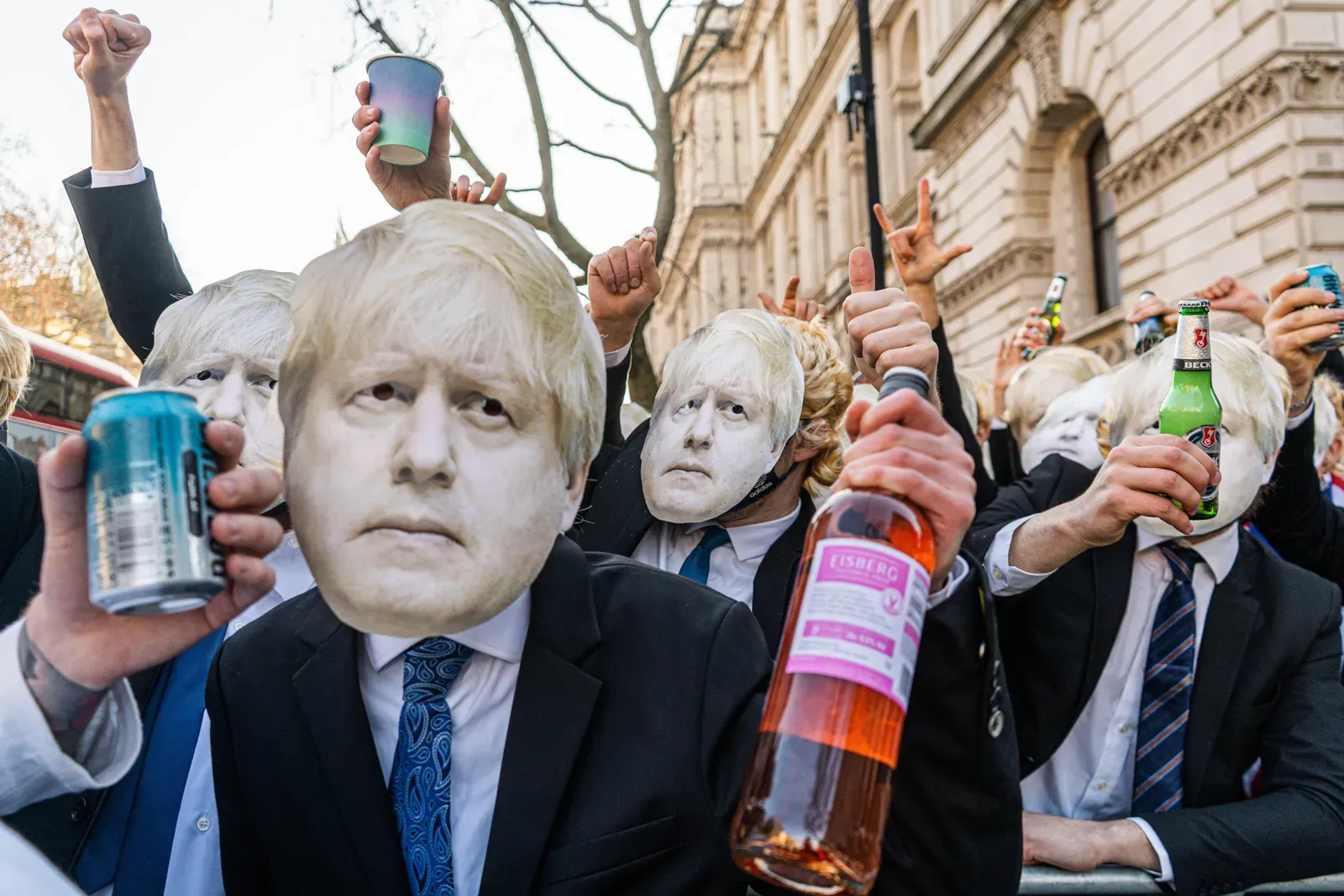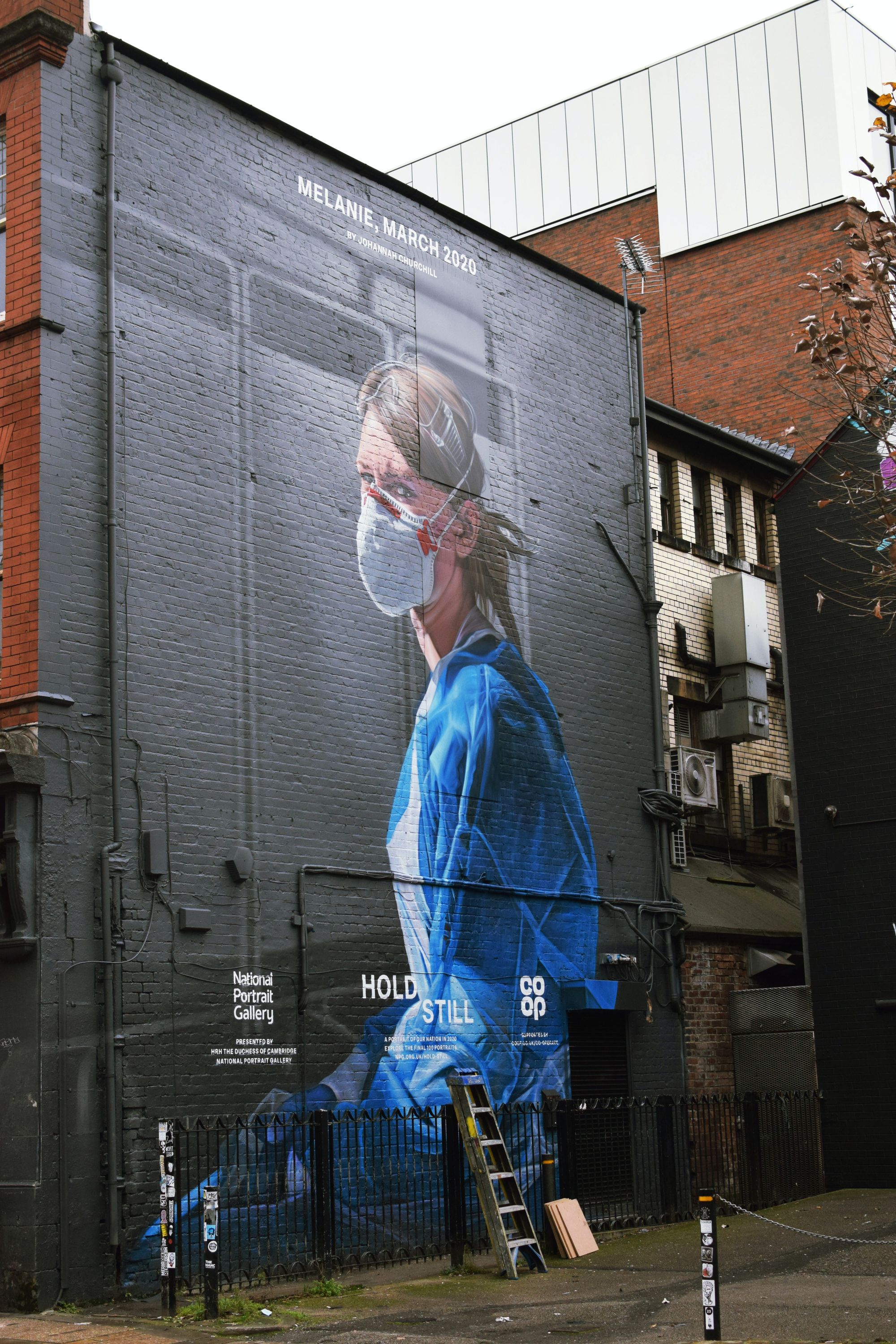The itch for change

Two years into the COVID-19 pandemic, our expectations for life have altered. For many in Britain in 2022, the gradual materialisation of 'Project Fear' has added additional financial pressures onto already stretched finances. With inflation soaring, continued shortages of produce and huge increases in energy costs and National Insurance on the way, it's easy to look around and wonder, "What's the point of all this?"
Without going too far down the socialist rabbit hole, it's easy to understand why someone would despair. My own moment of despair – and realisation – came last week. After sitting at some red traffic lights in Darlington, a lady sailed into the back of my new car. She was lovely, hugely apologetic, and took full responsibility for the accident. That's pretty much where the good news came to an end. Dealing with my insurance company was a pretty harrowing experience: it would be a three month wait to get the car in for repairs, and a further minimum three weeks for the repairs to be done. Oh, and no chance of a courtesy vehicle in that time, even while the car was unroadworthy.
We live in a world where the consumer, the employee, the homeowner are squeezed ever more for ever diminishing service. I appreciate that this might appear like a bit of a 'first world rant', and I do fully accept that there are people with hardships far greater than my own. Yet, if I – who brings in a reasonable income for my geographical location – can feel this Great Squeeze, I can only imagine how uncomfortable it can be for those less fortunate than myself.

At 18, I moved from Northern Ireland to England to go to Durham University. An eye-opening experience, as you might imagine. From a world of sectarian bigotry to a world of entitlement, wealth and the single-minded vision of those around me fixated with becoming an investment banker, it was quickly apparent that there were two separate worlds in the same country.
After nearly fifteen years living in England, this disparity has become ever more apparent – and likely evermore stark in reality. Whether it's the use of foodbanks soaring while billions in fraudulent PPE contracts are swept under the carpet, or the exponential growth in Downing Street parties whilst thousands died each week; it's one rule for them, and one rule for us.
Society, throughout history, has always been stratified by the aristocracy and the gentry. The emergence of the middle-class in the aftermatch of the Second World War was, in historical terms, a blip. That blip, in the eyes of the wealthy, requires correction. That correction is precisely what we're seeing in the Western World, the mass transferrance of wealth from the lower and middle classes into the hands of the already super rich.
True, a lot of this wealth stands to be inherited, but the ultimate beneficiary will always be the rich. Society is structured in such a way as to make sure you have just enough to survive, but not enough to threaten the order of things.
That structure runs through the entire fabric of society. It ensures that 'one rule for them and one rule for us' is the mantra at the heart of the Conservative government, and their donors. It ensures that the owners and shareholders of large corporations make many hundreds of times the annual salary of their average employee. It ensures, for instance, that the Commissioner of the Metropolitan Police is appointed by the Home Office, and encouraged not to investigate No. 10 Downing Street until such time as it becomes hugely convenient for No. 10 for them to do so.

It explains the real motivation behind Brexit. With no actual, material benefits rearing their heads in the sunlit uplands, the people who persuaded the country to vote to leave the European Union did so using lies and mistruthes. They did so to free themselves from the oversight and regulation that reduce profits, but increase living standards.
Britain is a country in decline, and it's people are being put under ever increasing hardship through the choices of their leaders, but also through the nature and structure of society. The real, material change required to flip the problem on its head cannot happen because those on power benefit too much from the status quo. The people won't vote to change the status quo, because the education system is not designed to educate people on how the world works, but rather how to be compliant members of society who go to university and contribute to society as is.

The adoration of keyworkers throughout the COVID-19 pandemic was encouraged by government, until such time as they wanted a pay rise. The stability of government in the 2020s involves an ever-moving spotlight, paired with snappy soundbites and populist rhetoric. That spotlight stays on a topic just long enough until the truth starts to appear, and then it moves on.
Take NHS workers. Heroes, every single one, until they wanted a pay rise. Lorry drivers, heroes, until it was suggested that the shortage was down to Brexit. And then Brexit itself: the biggest supposed 'win' for Britain in a generation, until the effects became clear, and now we must move on and enjoy the benefits, which according to our politicans include such standouts as fewer foreigners, Liz Truss negotiating a deal with New Zealand (to our actual detriment) and drowning asylum seekers in the Channel.
I've felt a strong need for change over the past few months. It's a definite sense of restlessness, without a clear solution. Career success as it's defined in our world today brings little by way of fulfilment in an atmosphere where achievements are not acknowledged or respected. Moving domestically seems fraught with risk, when the entire country is en route to hell in a handbasket.
Like millions of others post-pandemic, I'm left with an overriding feeling: there must be more to life than this. I feel the squeeze on standards; the increasing pressure to expect less for more. Accompanying that bewildering restlessness is a sense of energy - a willingness to change fundamentally in order to adapt. I see very little as being "off the table", and with that comes a strong sense of freedom and empowerment.
I suppose ultimately it boils down to a fundamental question: what is it that you want from life? People are repeatedly slapped down for ambitious thinking with phrases like "You can't have it all!" or "The world doesn't work like that!"
That's probably true.
But it doesn't mean you can't have a go...

